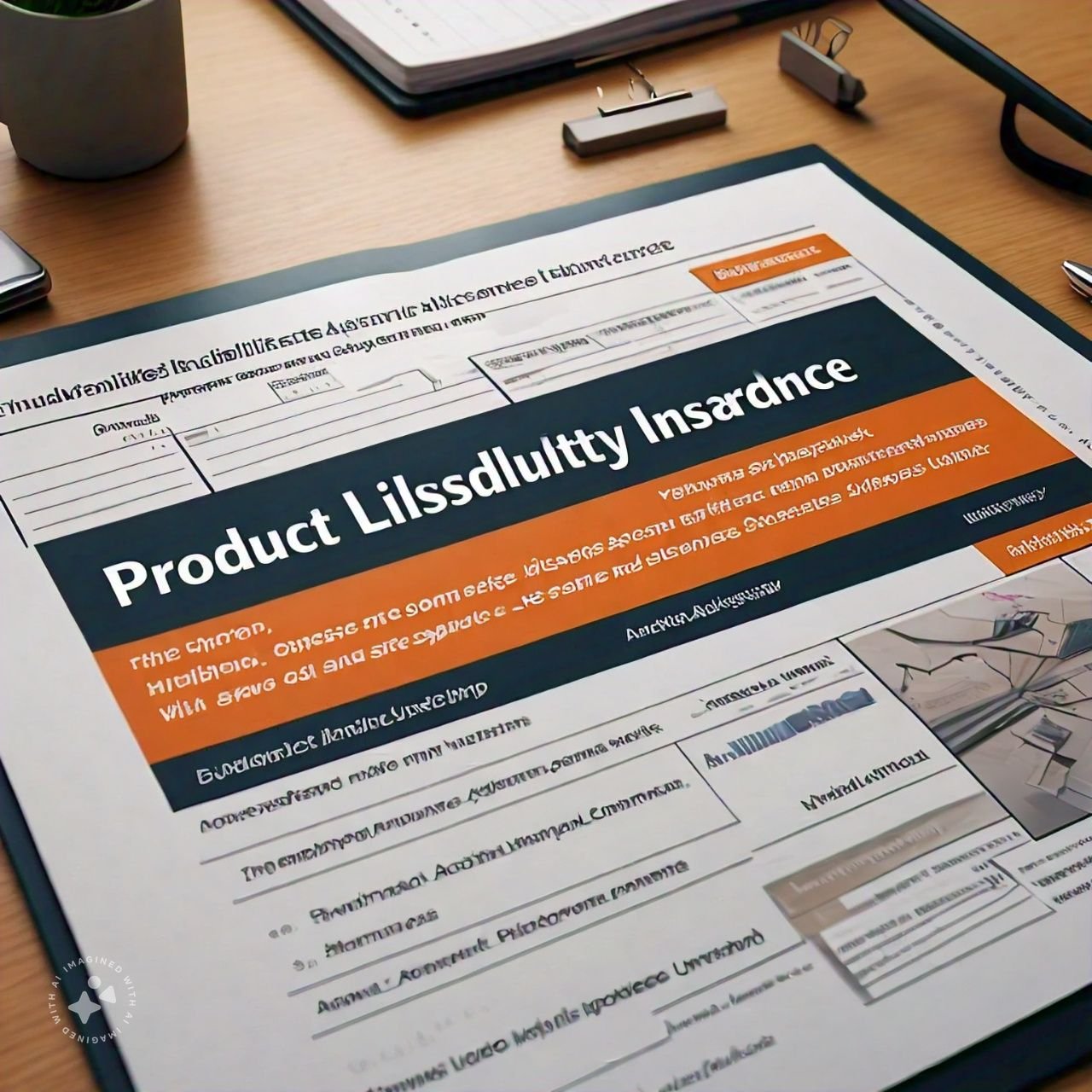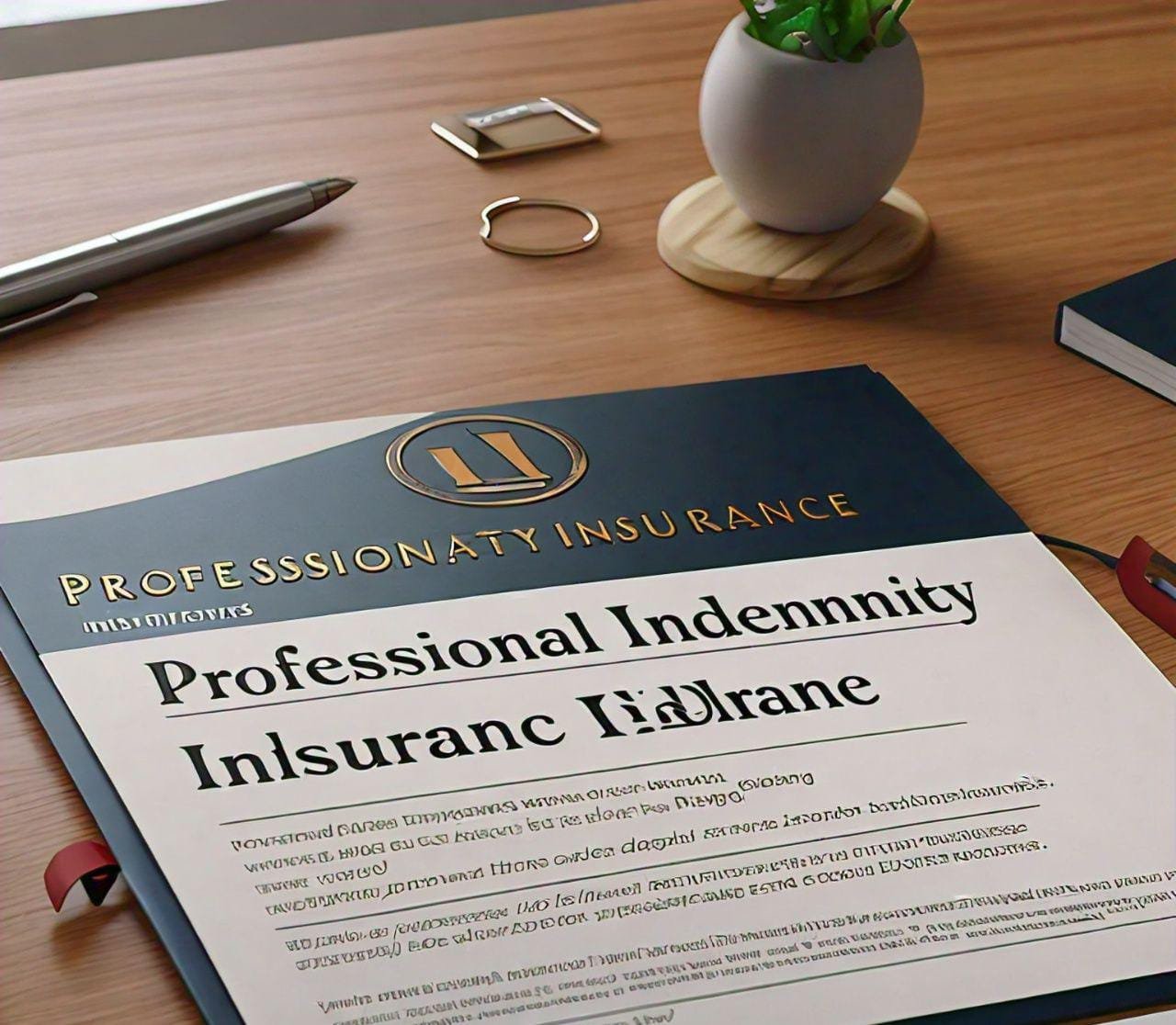Marine Insurance: Protecting Goods and Businesses in the Maritime Industry
Marine insurance is a vital component of the global economy, protecting goods, vessels, and businesses involved in maritime trade. It covers the physical loss or damage of ships, cargo, and terminals, as well as the liability of shipowners, charterers, and cargo owners.
Types of Marine Insurance
A variety of specialized coverage options fall under the general topic of marine insurance. These include:
- Product losses during international transportation or storage before or after such travel are covered by cargo insurance.
- Hull and Machinery (H&M) Insurance: Coverage for damage to a vessel’s hull, machinery, and equipment caused by collisions and other ocean perils.
- Marine Liability Insurance: This sort of insurance provides broad coverage against business liability for certain kinds of marine-related firms, including shipbuilders, marina operators, boat dealers, and rental agencies.
- Marine Pollution Insurance: Covers costs associated with pollution from fuel spills and other events. A general maritime liability policy may be enhanced with additional pollution protection.
- Protection and Indemnity (P&I) Insurance: Often offered in conjunction with marine hull insurance, this covers ship owners against liabilities for property damage and bodily injury.
Importance of Marine Insurance
Marine insurance is essential for businesses involved in maritime activities. It protects against financial losses resulting from various risks such as damage to vessels, cargo, or liability for third-party injuries and property damage. Without marine insurance, businesses may face severe financial consequences in the event of an accident or loss.
How Marine Insurance Costs are Calculated
The cost of a marine ocean policy is calculated based on several factors, including:
- Value of the cargo
- Condition of the cargo
- Route of the shipping vessel
- Companies’ claim history
- Insurer’s assessment
Advantages and Disadvantages of Marine Insurance
The advantages of marine insurance include the following:
- Risk mitigation guards against monetary losses brought on by a variety of hazards.
- Business continuity: in the event of a covered loss, marine insurance helps businesses maintain financial stability and continue operations
- Global coverage provides a wide range of protection for companies involved in international trade, including for ships operating in foreign seas.
- Customizable coverage: tailored policies for specific needs, covering different aspects such as hull insurance, cargo insurance, and liability coverage
The disadvantages of marine insurance include:
- Cost: If the insured vessels or cargo operate in high-risk locations or if there is a history of claims, the rates for marine insurance may be very costly.
- Policy complexity may involve a range of terms, limitations, and deductibles. Understanding the terms and conditions can be challenging
- Deductibles: Prior to the insurance coverage taking effect, the insured party must contribute a predetermined sum to a claim.
- Exclusions and limitations: these can affect coverage. It is important that policyholders comprehend the scope of coverage offered.
Is Marine Insurance Mandatory?
As a general rule, global marine insurance isn’t mandatory when operating a shipping vessel or shipping goods across the sea. However, there are two Incoterms where the seller is required under contract to provide marine insurance for the buyer. Cost, Insurance, and Freight (CIF) and Carriage and Insurance Paid to (CIP). The other Incoterms don’t include insurance as a term of the contract. That doesn’t mean that the buyer or seller can’t or shouldn’t purchase coverage for their protection.
Recognizing Coverage Limitations
Policies for marine insurance have restrictions on the kinds of occurrences and coverage levels. Even though basic insurance might not cover some circumstances, you might be able to add extra riders or endorsements to your policy to make it more comprehensive. Exclusions may include losses caused by war or military action, riots or other civil strife, mold, mildew, and dampness, general wear, tear, and weathering, and marine life.
Conclusion
Marine insurance is a vital component of the maritime industry, protecting goods, vessels, and businesses involved in maritime trade. Businesses need to understand the types of coverage available, the importance of marine insurance, and how costs are calculated. By recognizing the advantages and disadvantages of marine insurance, businesses can make informed decisions about their insurance needs and ensure they are adequately protected against the risks associated with maritime activities.










